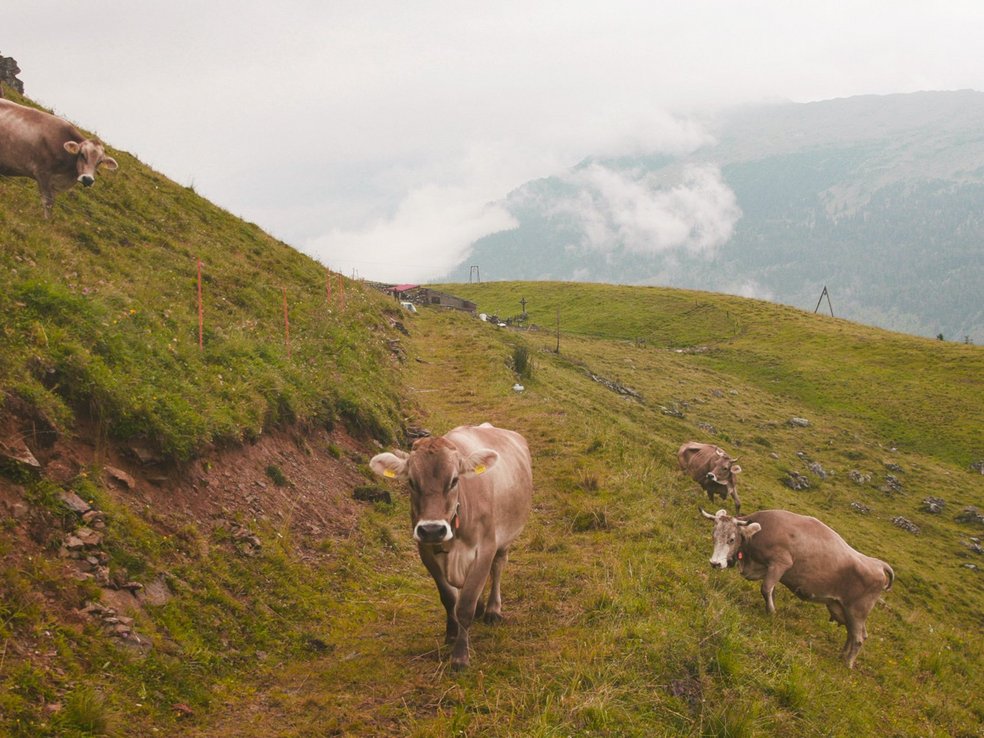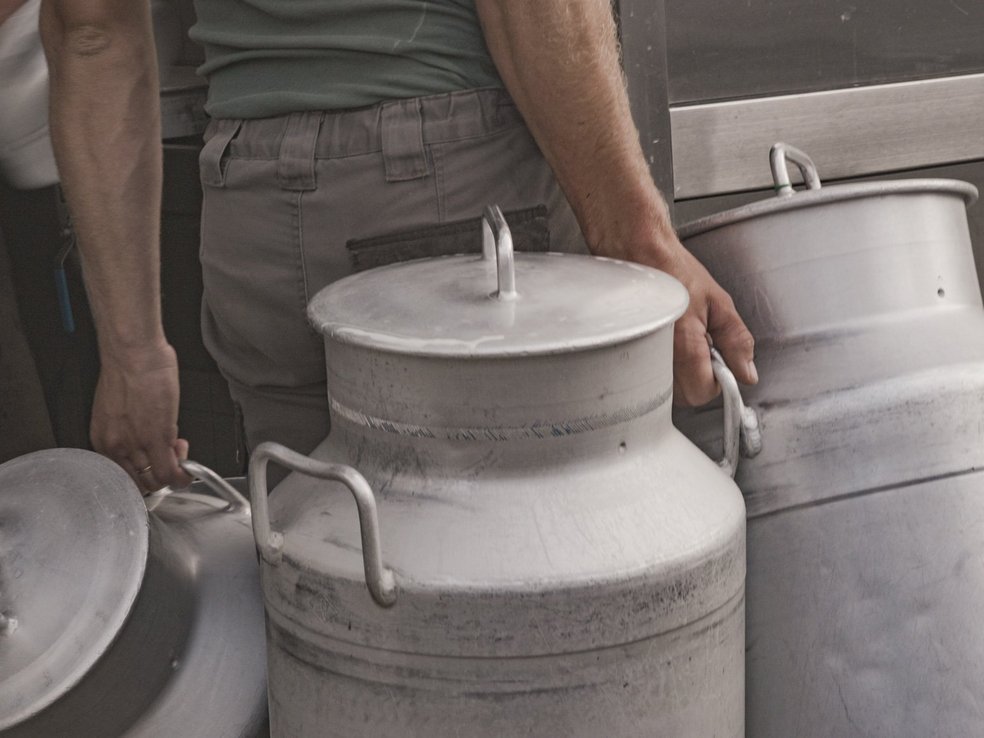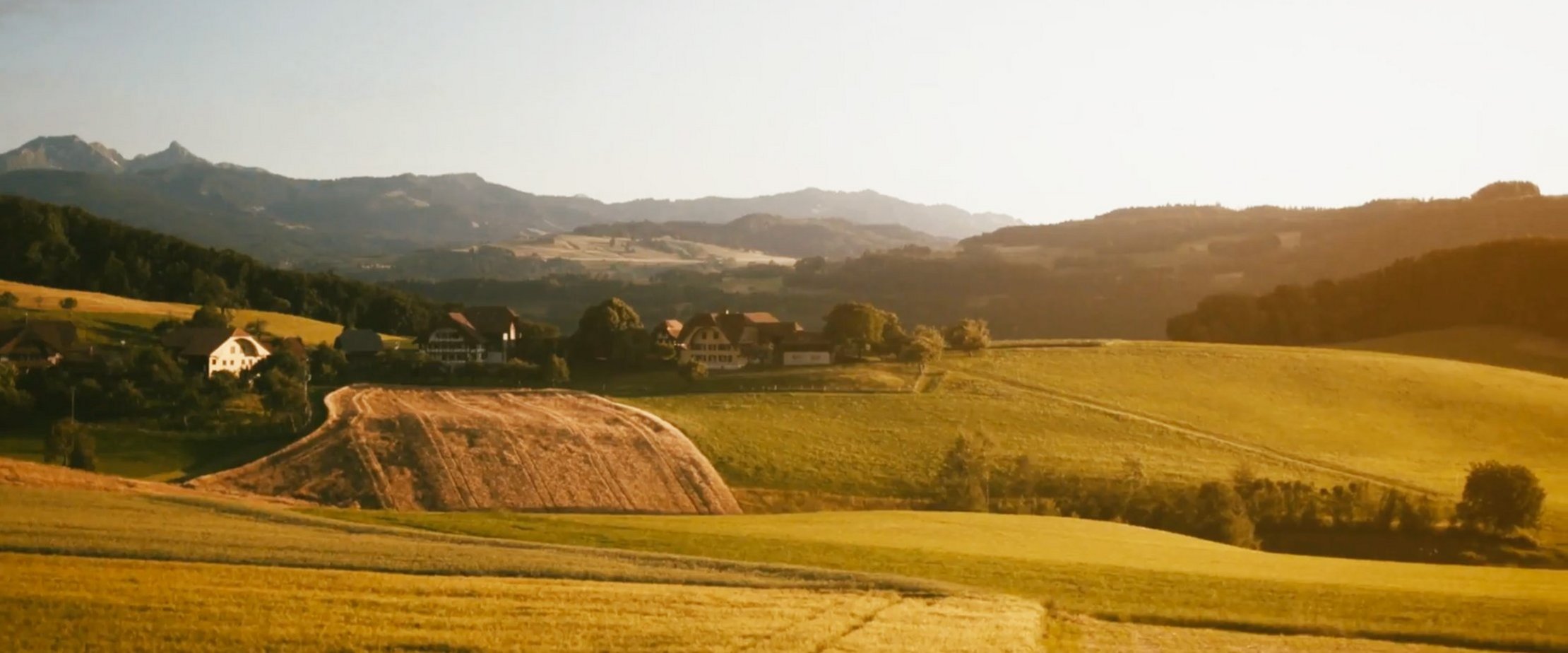Around 80% of the land cultivated in Switzerland is not suitable for arable farming. This cultivated landscape can only be farmed with animals. If there were no cows and bulls, the grasslands would soon become overgrown.
If this land was not farmed appropriately, it would have grave consequences. The mountain region would no longer necessarily be inhabited and an attractive leisure and recreational space would be lost as a result. The Swiss dairy industry is one of the most sustainable types of agricultural production. It is of great economic importance that goes far beyond the production of high-quality food; it also secures work and an income for many occupational groups.

Almost half of the milk supplied by dairy farmers is turned into cheese. In 2017, around 189,000 tonnes of cheese was produced. Cheeses from Switzerland are renowned for its quality, its purity and its good flavour. Production guidelines, controls and environmental regulations are all very strict. It comes as no surprise that cheese has been a daily staple for the people of Switzerland since time immemorial. On average, they each consume around 21 kilograms each year. And Cheeses from Switzerland are also very popular abroad. Almost 40% of the cheese produced is sold across the world.
Production by small businesses
Decentralised cheesemaking is typical of Switzerland. Almost two thirds of cheeses from Switzerland are produced in small businesses by highly trained professionals. Cheesemakers receive fresh milk each morning and evening from their local farmers and process it daily. Both the geographical location and the skill of the producers are decisive for top-quality production of the various different cheese specialities.

